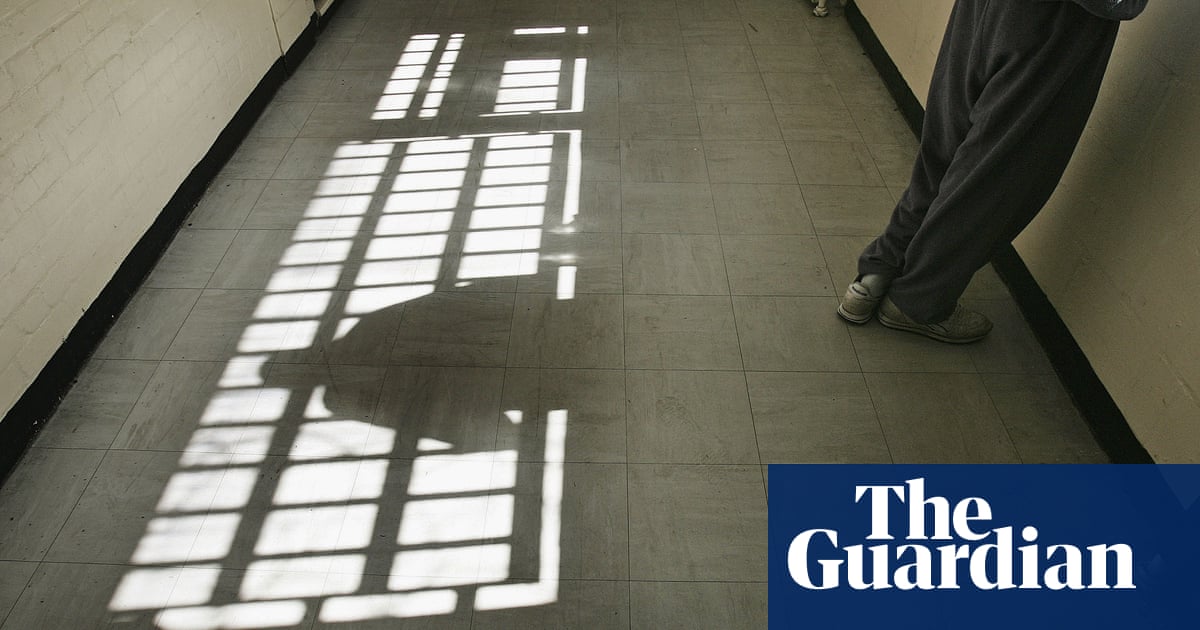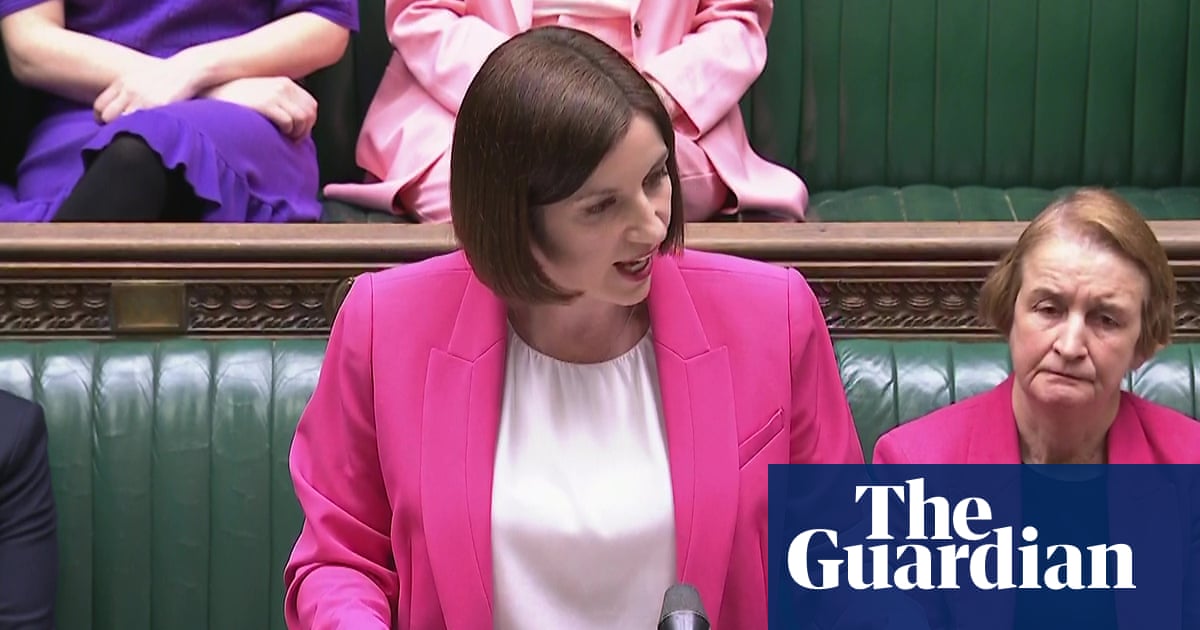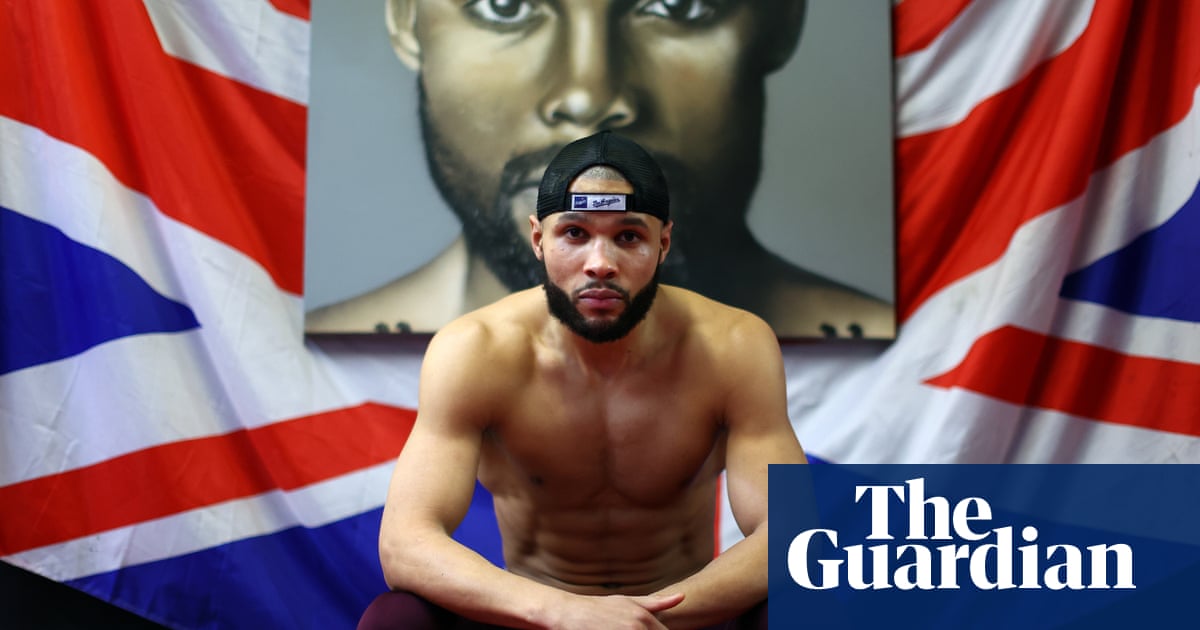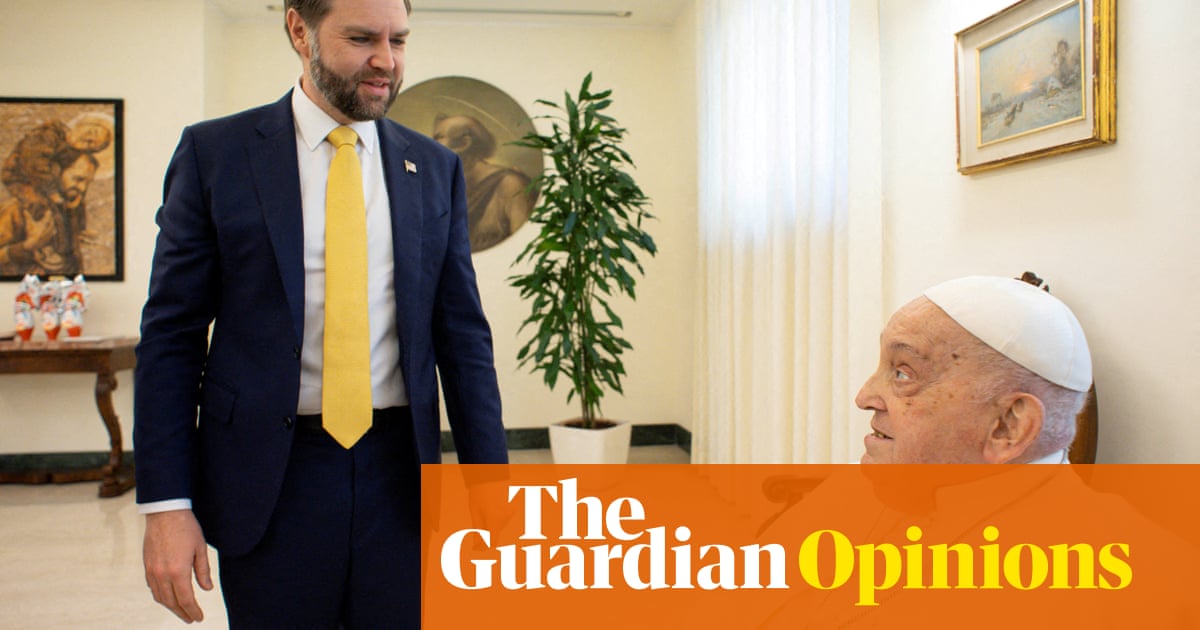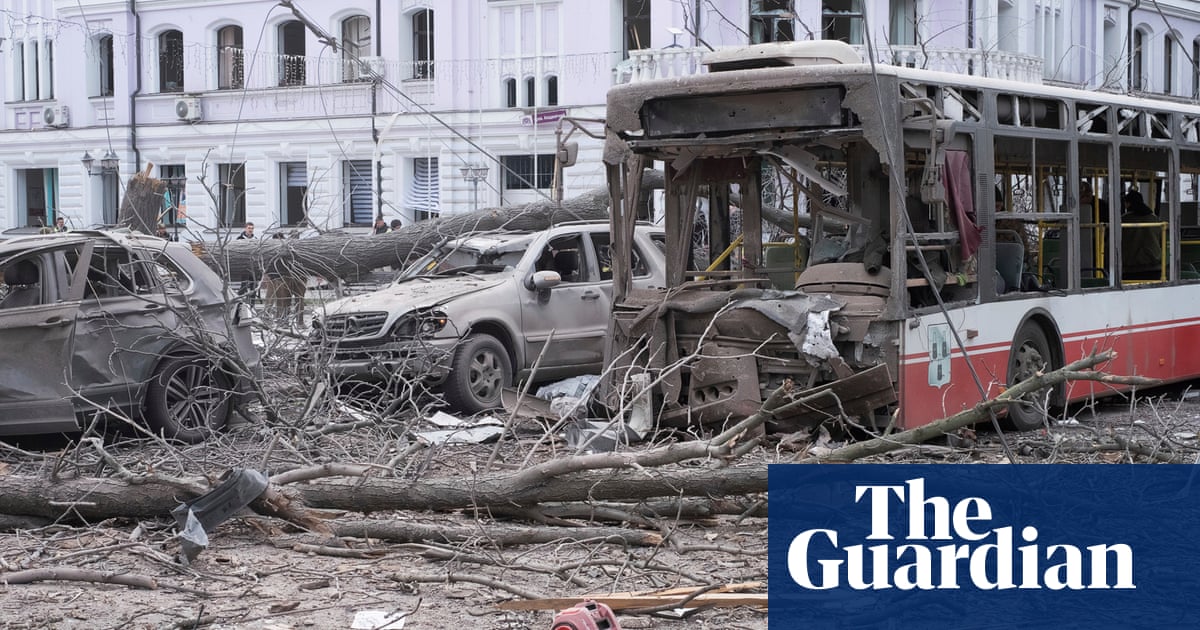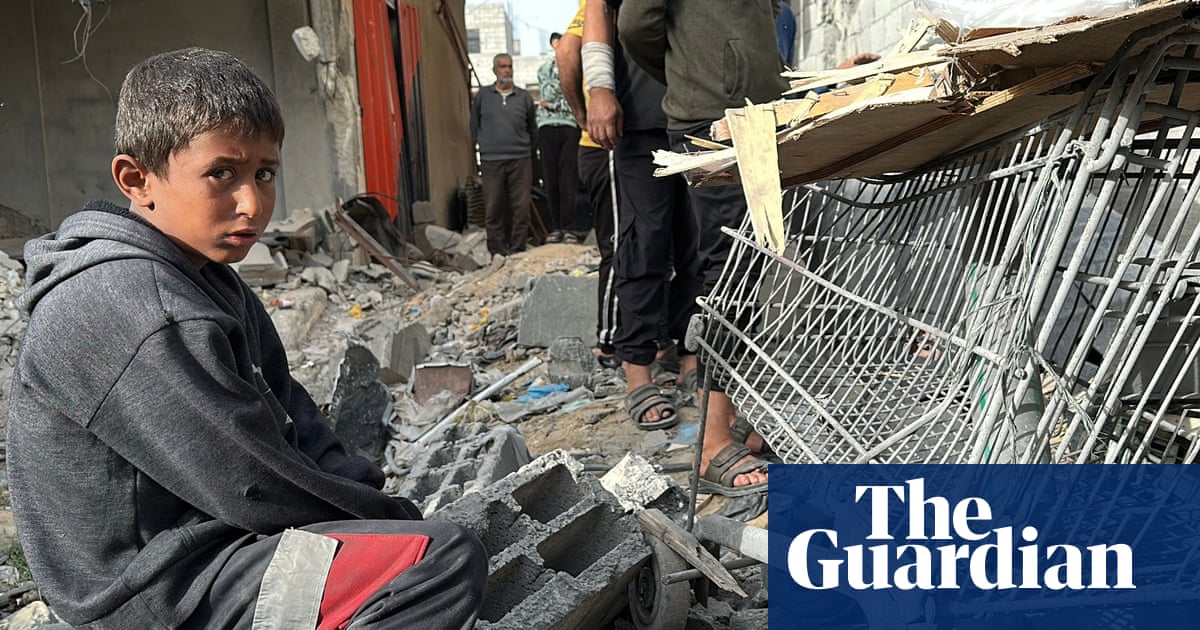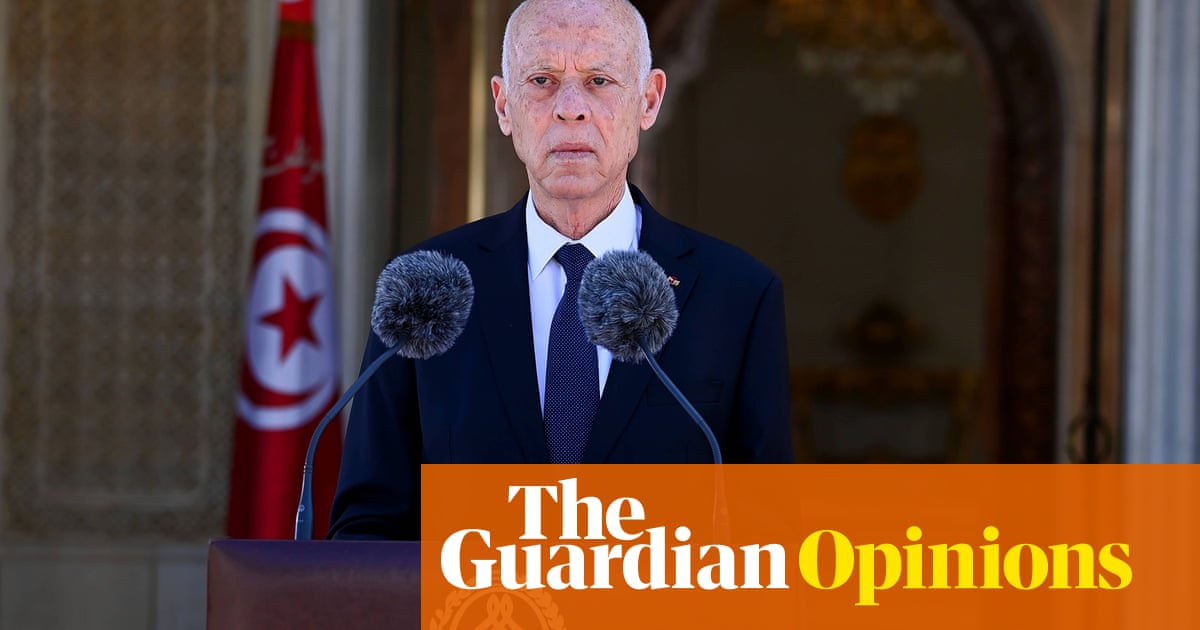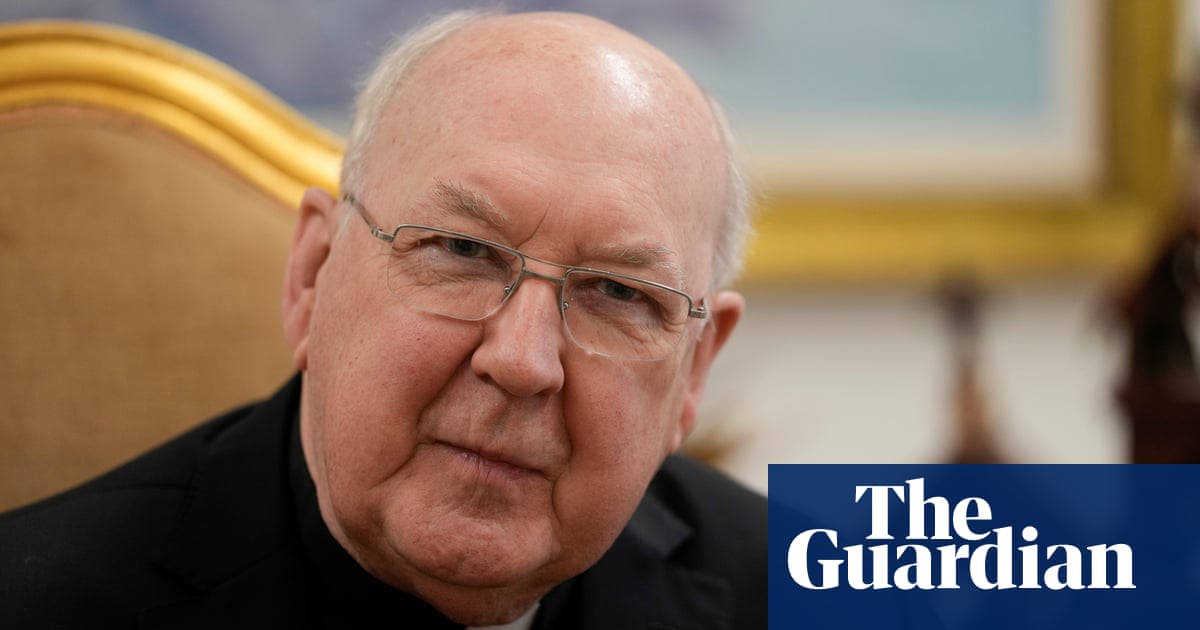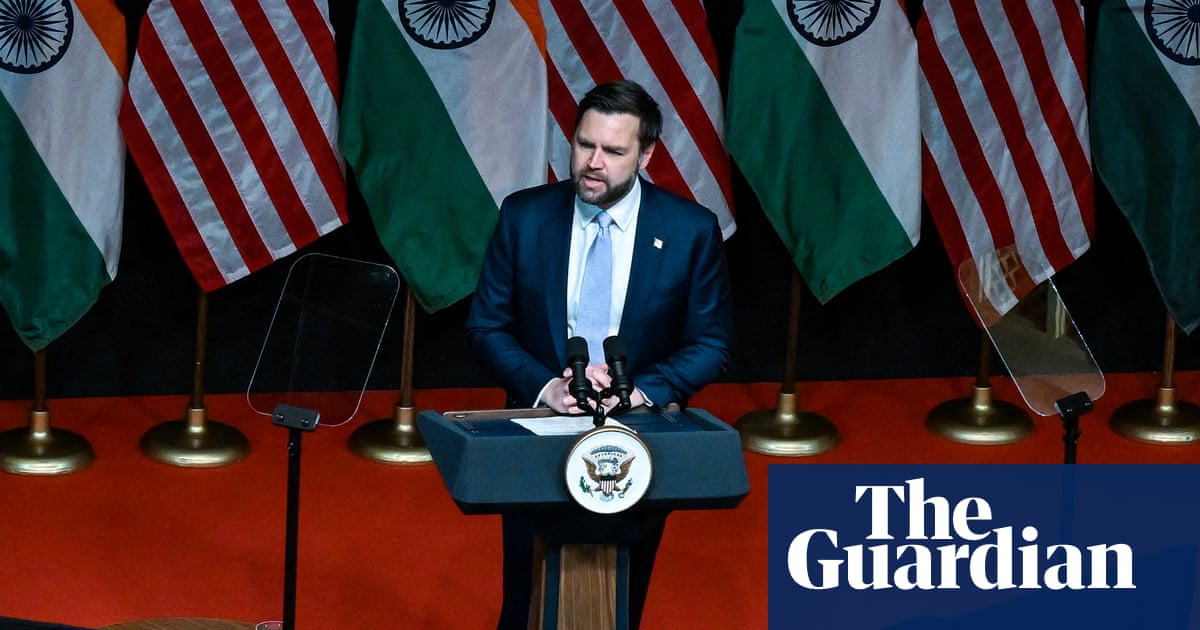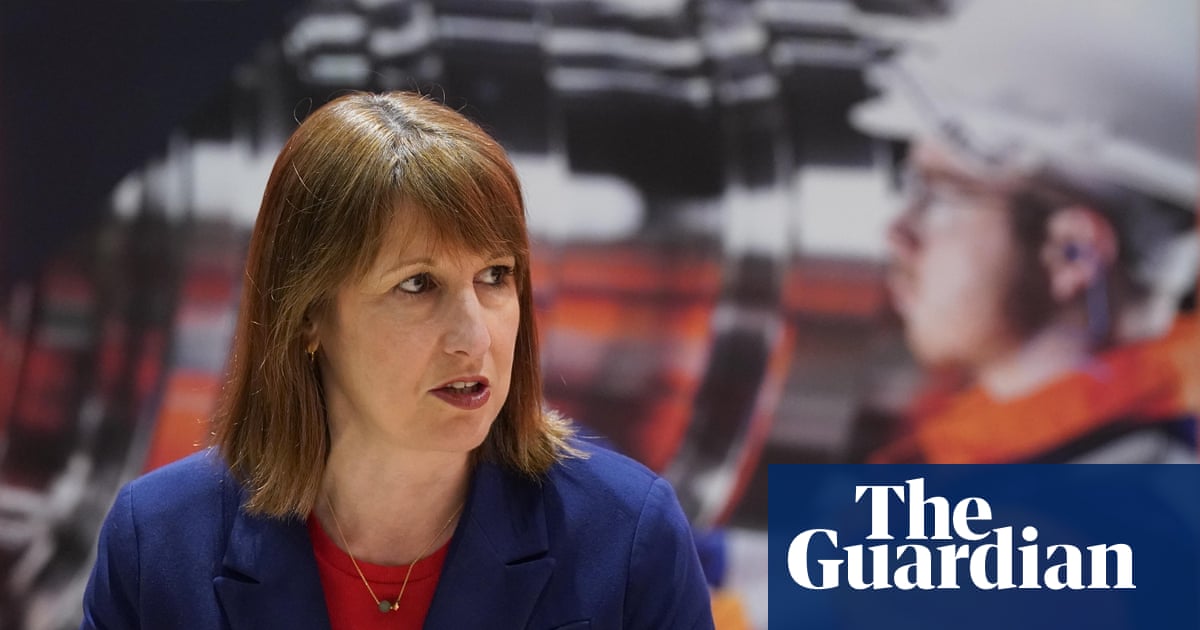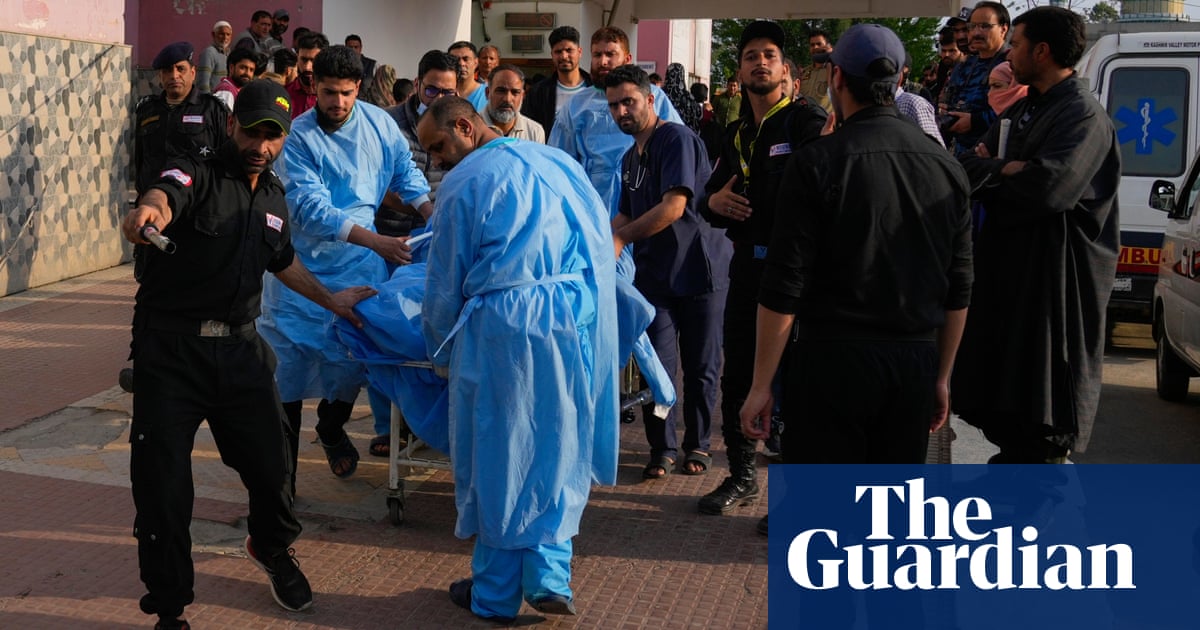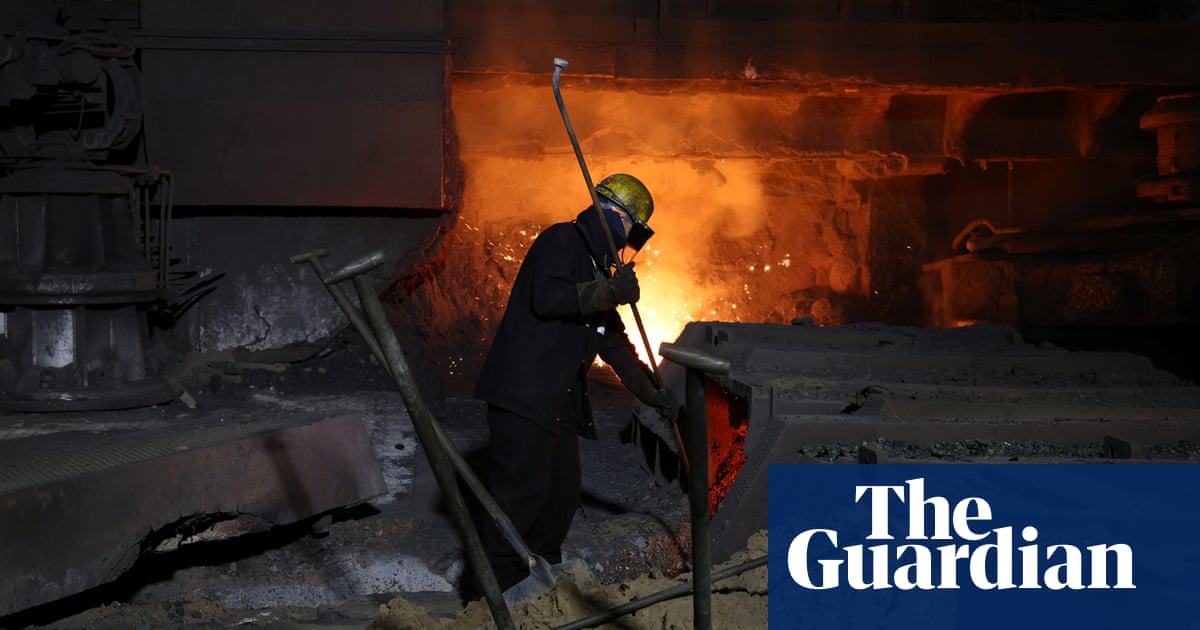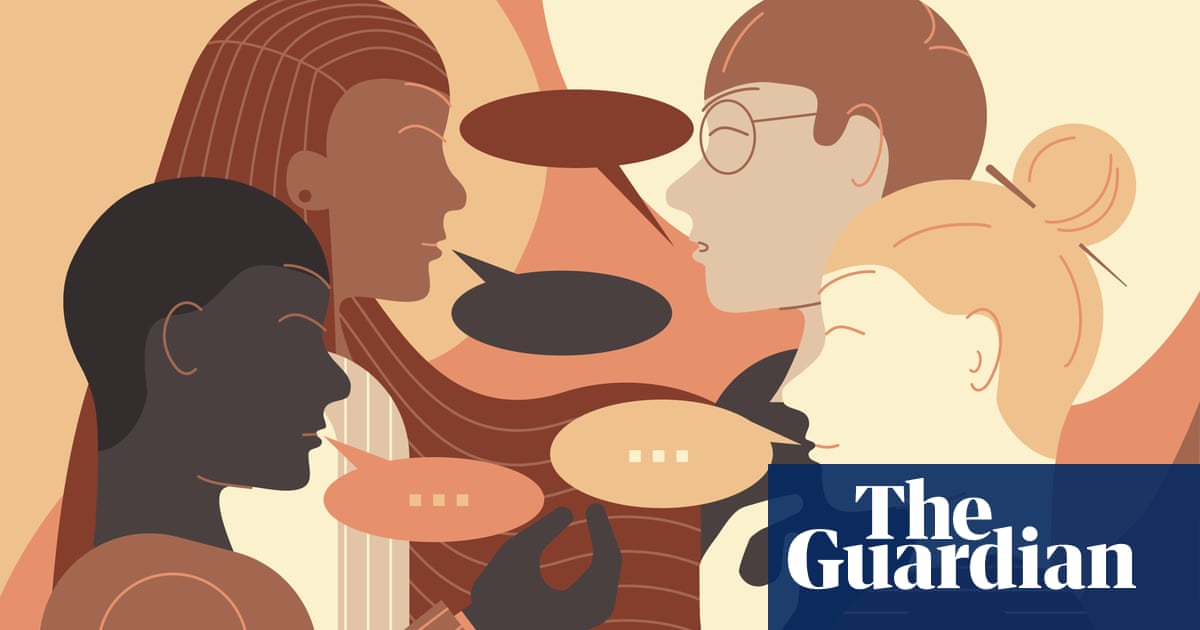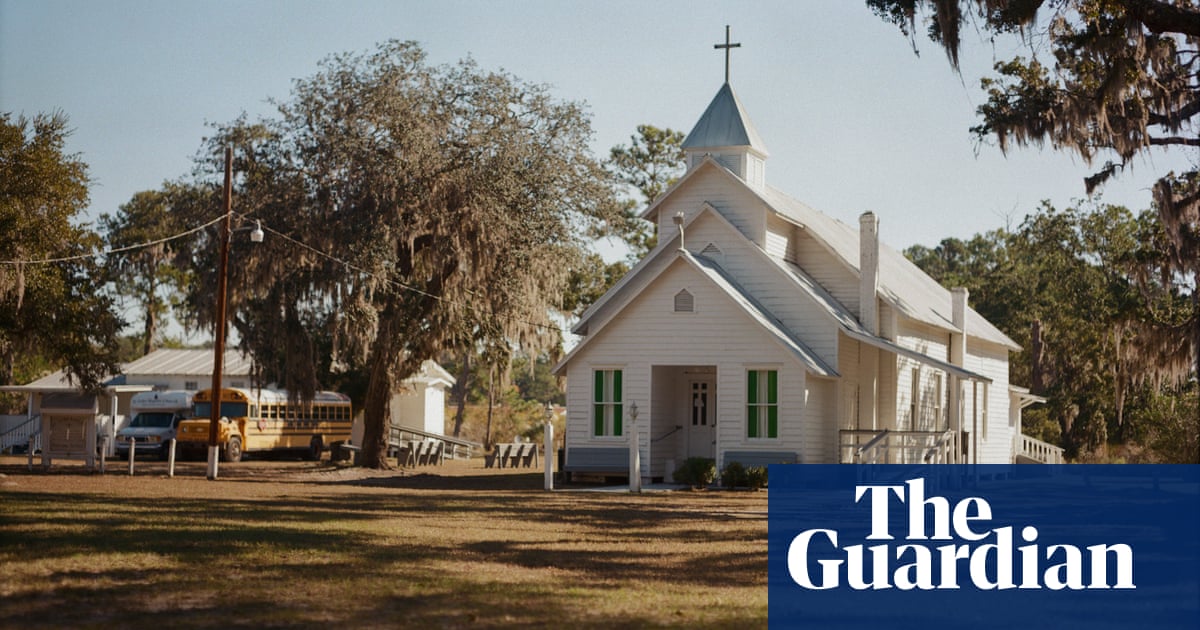‘It’s sort of a daytime TV chatshow, mixed with an avant garde variety show,” explains Simon Casson, co-founder and producer of the legendary queer nightlife collective Duckie. Casson is explaining the colourful concept of Rat Park, the group’s latest project. “There’s going to be a big bonfire in the garden and candles outdoors in jam jars, it’s all very beautiful,” he says. “Inside, there will be discussions and performance pieces, then interviews, then another performance and more conversations – all about the terribly embarrassing subject of queer people and our sex lives.”
Rat Park will run every Saturday afternoon in February, which is LGBTQ+ history month in the UK. The collaborative events, which will be held at a “secret location”, bring together community names such as artist and archivist Ajamu X, HIV activist Marc Thompson and author Matthew Todd, alongside a selection of performers including cabaret act Rhys’ Pieces and artist Zack Mennell. Each week is themed on a different body fluid. “Blood” points the way to discussions of HIV and family, whereas “tears” might prompt conversations about grief, rejection and masculinity. (Use your imagination for the other two weeks: piss and spunk.)
Sex and intimacy are the threads that bind Rat Park together. And although everyone is welcome, there is a particular focus on queer men over 40. This is because the event isn’t just anchored around sex, but particularly chemsex – sex parties including the use of drugs such as methamphetamine (known as crystal meth or “tina”) and GHB.

Casson tells me that the event is purposely positioned in the so-called “Tina Triangle” – the area between Oval, Vauxhall and Stockwell, where there is a high concentration of gay residents and chemsex parties. “I’m 58, so obviously my generation grew up among a lot of homophobia. It’s hard to get rid of that and sometimes it comes out in funny ways as we get older,” he says. “And when you then introduce something like chemsex, with the power of a drug like crystal meth, it can become quite irresistible for a lot of us.”
In the 2010s, chemsex inspired a flurry of mainstream media coverage. More support services soon became available. But it feels as if the “story” has now moved on, even though there are still three suspected chemsex-related deaths every month in London alone. “A lot of people are still doing it, but it’s a secret,” Casson says. “It’s underground. It’s taboo. Nobody talks about it.” He sees Rat Park as a chance to restart the conversation.
As a sober event held in the afternoon, Rat Park has a different vibe to Duckie’s usual offering, which culminates in “dancing, drinking and disco”. The collective was founded in 1995 in the Royal Vauxhall Tavern – a London pub that has been at the centre of LGBTQ+ nightlife and activism for decades.
Like the RVT itself, Duckie’s output is vibrant and varied. “It was and is a bunch of queer misfits who were disfranchised by shit gay clubbing, who brought together artists, performers and drag queens from the club world and beyond,” says performer and writer Scottee, who started his career there. “It’s an alchemy of outsiders who make work that is motivated by the issues facing the community.”
The collective’s 2002 Christmas show, C’est Vauxhall, seated guests at tables and offered them the chance to order short acts using “Duckie dollars” from a menu. The following year, this was recreated at the Barbican, which won an Olivier award for best entertainment show – a watershed moment that brought them to venues including the Sydney Opera House. In 2022, Duckie announced the end of its weekly residence at the RVT, saying it would continue to put on events such as Rat Park on an ad-hoc basis.

“Duckie is a family,” says Neil Bartlett, whose award-winning career as a theatre director, performer and writer spans five decades. Bartlett used to test out his short performance pieces on Duckie nights and continues to collaborate with them because of the “unrivalled” connection with the audience. “I’m probably the only person whose CV includes opening a new piece at the National Theatre and at the Royal Vauxhall Tavern in the same week,” he says. “Some people might say: ‘The last thing that he did was working with Emma Corrin in the West End. Why is he going back to Vauxhall?’ Well, I never left Vauxhall.”
Rat Park is a natural fit for Bartlett, because sexual politics is a thread that runs through his work. “The intention here is to create a warm and caring space, where we can get together as a community,” he says. “There is a concentration of addiction issues, mental health issues and loneliness, but I think we also need to talk about how we’re having a fabulous time, too. We’re finding new ways to love each other, new ways to have sex with each other.” And these conversations don’t have to be geared around younger people. “Each week at Rat Park I’m going to be performing a new set of five-minute monologues,” Bartlett says. “I’ll be speaking as a proud gay pensioner.”
Scottee will be taking on the role of moderator and interviewer. He hopes to facilitate face-to-face conversations that, as the LGBTQ+ community has moved online, feel more rare. To some people, meeting in a physical space might even seem like a “radical, old-fashioned” idea. “The art of conversation in queer culture now often boils down to, ‘Hey mate, what are you into?’” he explains. “But this is going to go beyond that. I love a bit of chat, because I think most queens and queers are very profound. We’ve observed and watched the world for a long time.”
Reading the event description, it’s impossible to miss a sense of warmth and sheer randomness that feels representative of the LGBTQ+ nightlife spaces Duckie descends from. Promised attractions include “shaved arses” and performances by Shirley Bassey (a drag act, not the real one). Attenders will even be served jacket potatoes and cake. “At the heart Duckie is working-class hospitality culture, so this is what happens when that meets radical queer culture,” Scottee says. “When money is tight, giving people a meal is a gesture. That used to happen so much more in queer community spaces, so here you’re going to get shaved arses and jacket potatoes.”
In conversation with Bartlett, I tried to define that specific irreverence – a campiness that feels homely, familiar and very queer. “High-quality chaos” was the wording I eventually landed on. “Ooh, I’m going to steal that one,” he says. “A loving afternoon of high-quality chaos. Who wouldn’t want to come?”

.png) 2 months ago
45
2 months ago
45
